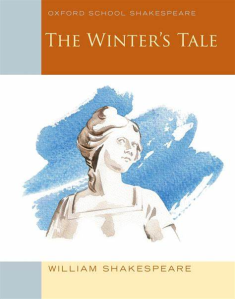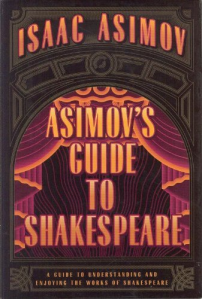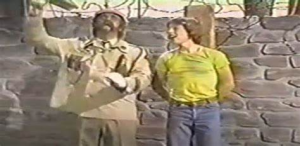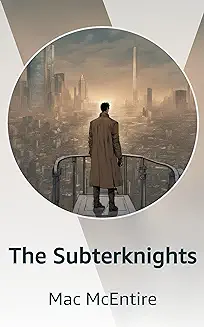Re-reading Shakespeare’s The Winter’s Tale! In Act 3 Scene 2, we head to the courthouse for Law and Order: Shakespeare Unit.
Here’s the first third of another monstrously long scene. It’s Hermoine’s trial. We begin with lots of lawyer show stuff. Leontes gives a speech where he says this will clear him of “being tyrannous.” There’s a bit of interesting wordplay where he says there will be either guilt or “purgation.” My Folger edition states that purgation means acquittal, yet we the audience can’t help but think of it as religious analogy. Leontes thinks there’s only Hell or Purgatory, but Heaven – or, in this case, innocence – is not an option.
An officer reads the charges against Hermoine. In addition to adultery, she’s now also charged with conspiracy to murder Leontes. Did I miss this detail earlier, or is this Leontes going harder and harder in his attacks on his wife? Another charge is her conspiring to sneak away in the night. I imagine accusations like this one go hand in hand with accusations of adultery. Hermoine gives a lengthy speech, with lots of great stuff for an actress to work with. She pleads not guilty, while also stating that she doesn’t think that would help much. Then she says if “powers divine” were to see this trial, they would blush. Once again, I imagine a far-out epic fantasy version of the play where Leontes and company are hellish demons and the Bohemians as angelic beings. That would certainly add weight to these lines.
Hermoine makes the case for her innocence, saying her faithfulness was as great as her misery is now. She describes herself as daughter of a great king. A line later in this scene will state this was the king of Russia. My surface-level googling hasn’t brought up any good info on who her dad was. I’ll just bet that can be found in Asimov’s Guide to Shakespeare, which is all about comparing the plays to the real-life history they’re based on, but an affordable copy of that book has long eluded me.
Leontes dismisses Hermoine’s words, so she continues. She says she loved Polixenes only as her honor or duty required it. If we’re to stage the play as if there really is something between her and Polixenes, these lines could be played with heavy double meaning. If we’re staging it if she’s truly innocent, these lines would be an opportunity for Leontes to get even more unhinged as he misunderstands what she’s saying.
Hermoine says a powerful line with “My life stands in the level of your dreams.” The Folger edition states that “level” in this context could mean a firing line. She’s saying that whether she lives or dies depends only on what he’s imagined, rather than what’s real. If there are extras on stage playing guards, perhaps Hermoine could place herself in front of their weapons at this point, to illustrate this visually for the audience.
That’s the first third of this scene. The next part will be… next time.
* * * *
Want more? Check out my ongoing serial, THE SUBTERKNIGHTS, on Kindle Vella. A man searches for his missing sister in a sprawling city full of far-out tech, strange creatures, and secret magic. It’s a sci-fi/fantasy hybrid full of action, romance, mystery, and laughs. The first ten episodes are FREE! Click here for a list of all my books and serials.







